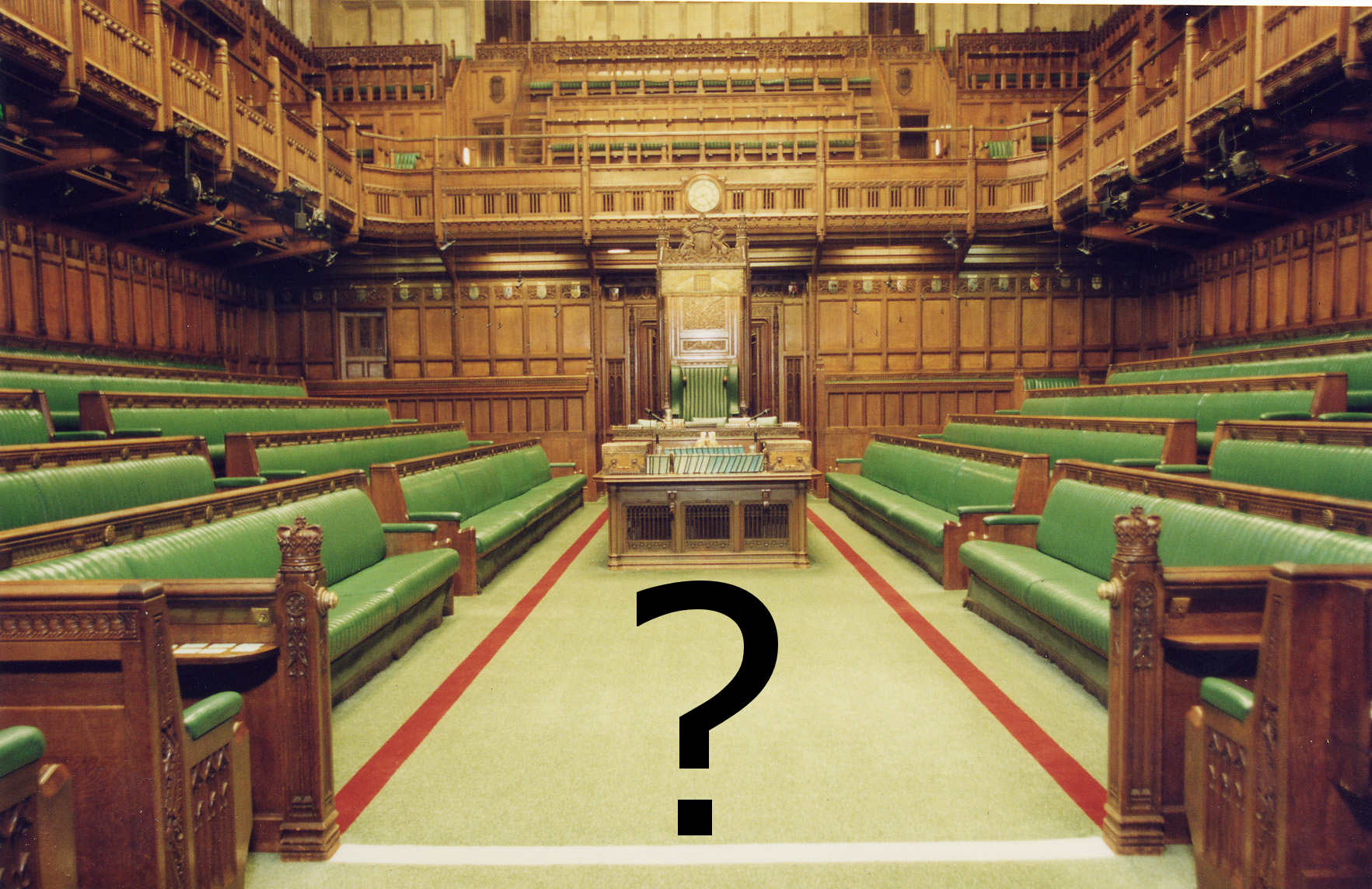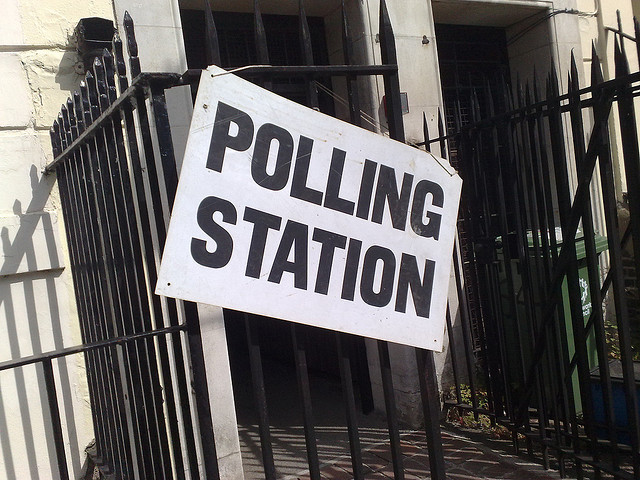
Neither Left nor Right: The rise of populist movements in Italy
When an economic crisis combines high youth unemployment and an impoverished middle class, there is a real risk of a rise in right-wing extremism. But the left/right divide does not always help to understand European populism.
The Italian case is a particularly interesting one. After Berlusconi resigned in disgrace, the main two parties (Berlusconi’s People of Freedom-PDL and the centre-left Democratic Party-PD) were left with no choice but to support a ‘truce government’ of non-politicians and technocrats, led by Mario Monti. This unlikely arrangement froze the parliamentary majority.

Predicting the next UK general election
As the results of the Local elections began to trickle in on Thursday night it soon became clear that the Labour Party had done well, gaining 824 councillors. The Conservatives, meanwhile, lost 403 and the Liberal Democrats lost 329. From this, the BBC reported an estimate of national vote share of 31% for the Conservatives, 38% for Labour and 16% for the Liberal Democrats, meaning that if these results were replicated at the next general election, Labour would win an 83 seat majority. But is there any reason to think that these results will be repeated at the next election? As I discussed in my last post, there are very good reasons to think that they won’t. But opinion in …

Do local elections predict general elections?
Today voters in 181 local authorities and councils across the UK will cast their votes to elect their local representatives. There are also elections for the London Assembly and three Mayoral elections, most prominently the election for the Mayor of London. Although officially concerned with local issues and local government, local elections in the UK are frequently taken to be large scale opinion polls on national political parties. When the results are announced they will inevitably be described by politicians and political commentators as (depending on the actual results, party affiliation and political inclination): a ‘triumph’, ‘disaster’, ‘bloody nose’, ‘strong message’, ‘resounding verdict’ and various other political clichés. Are politicians and commentators actually justified in making these statements? Do votes …









